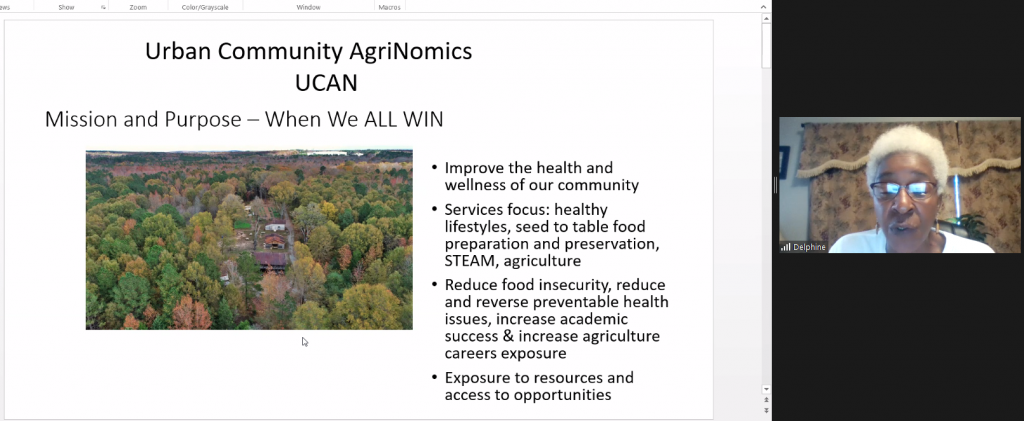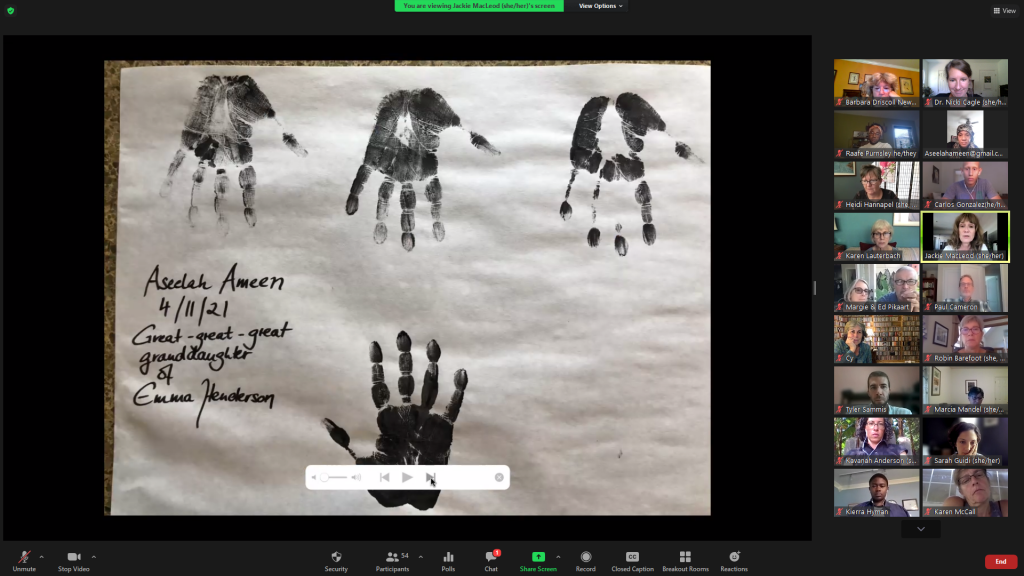This Session. Programming took place on October 10th, 2023 at the Forest History Society. The Environmental Justice: Know Your Local Soils session explored a brief…
Posts published in “Uncategorized”
This Session. Organizations volunteer to present their ideas for building trust and adding value to partnerships to the group. Black & brown nonprofit representatives from…
Description: In this session, we focused on how to establish, build, and nurture equitable partnerships with Black and Brown led organizations. The goal was to…
Description: Moderated listening session with Black and Brown led local environmental organizations delving into their needs, barriers, and opportunities for support and partnership. Overview. The…
The DEC/DEEP Fall workshop series application is now live! The workshops are focused on race, power, and partnership. See below to find out more about…
The DEC organizing committee has been working with Dr. Nicki Cagle, Organizer of the Diversity and Equity in Environmental Programs (DEEP) Collaborative at Duke’s Nicholas…
On October 12, forty DEEP/DEC Community members met to set intentions, explore key EJ issues in our local community, learn about the work of Delphine…
On Tuesday, September 15, the DEEP Collaborative and DEC hosted the first follow-up Environmental Justice (EJ) workshop, led by Dr. Nicki Cagle. In this workshop,…
Today Tom Miller of Preservation Durham, gave DEEP Collaborative community members an in-depth tour of Maplewood Cemetery emphasizing social justice issues. Tom Miller provided an…
The DEEP Collaborative, and the Durham Environmental Coalition (DEC) are offering follow up meetings to the Race and the Environment training last year. The goals…









